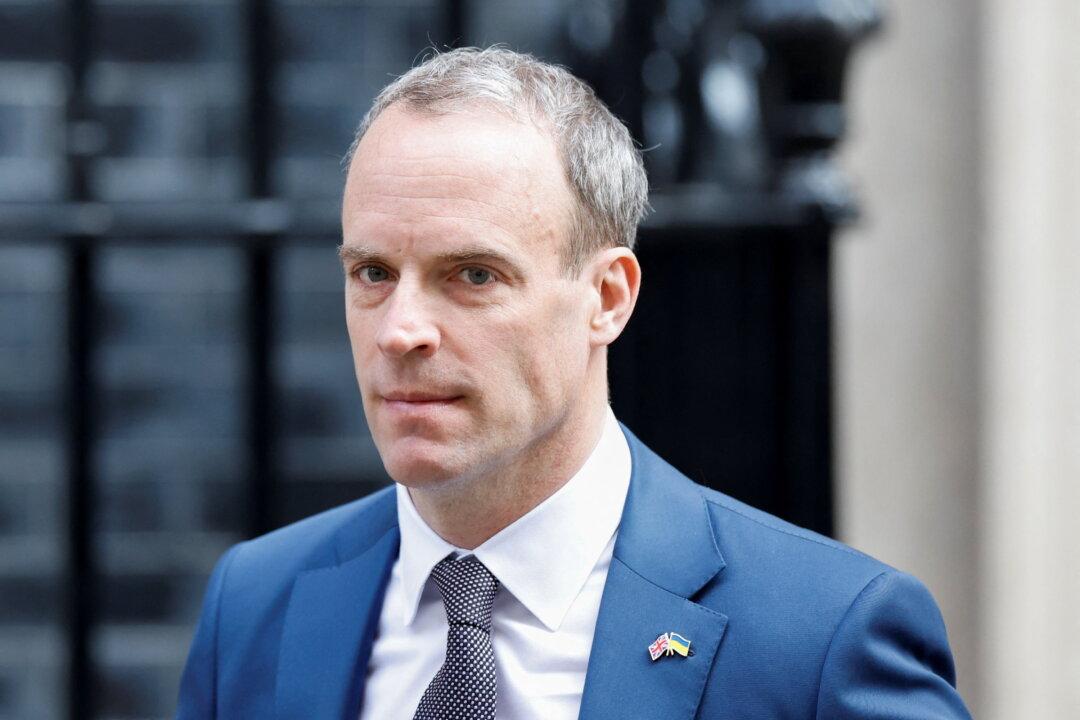Britain’s courts have been given carte blanche to open as long as necessary in order to clear a backlog of trials, including rape cases, which has meant that in some cases victims have had to wait five years for justice.
Earlier this month the Home Affairs Committee published a report which showed the average number of days between a rape complaint being made to conviction rose from 2,393 days in 2016 to 2,767 days in 2021 (data to September).





